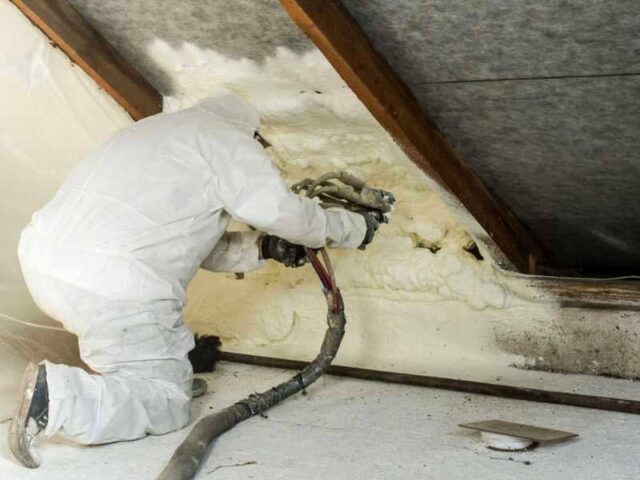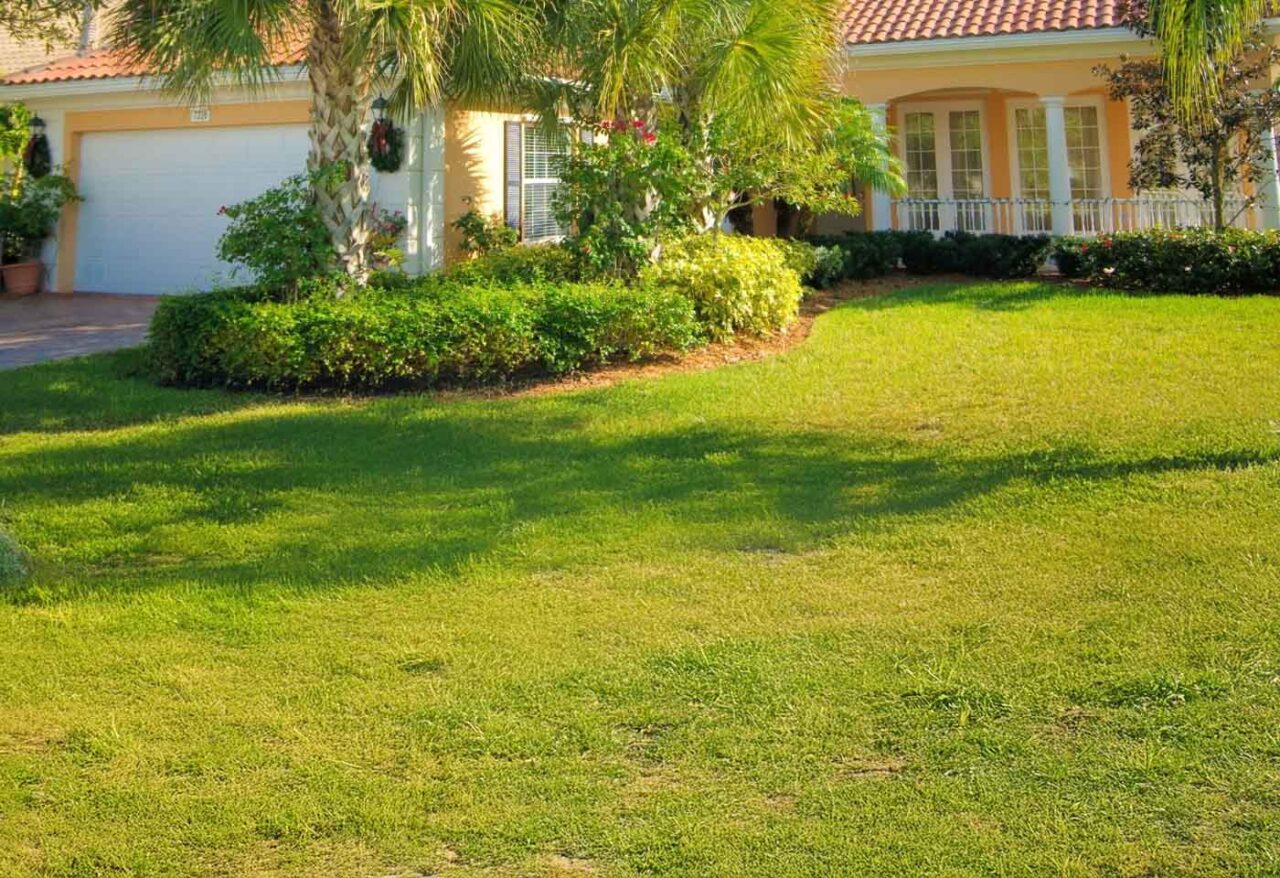Executive Summary
Florida homeowners face some of the highest energy demands in the country, with up to 70% of household energy consumption going to heating and cooling. The good news? By upgrading insulation, improving air sealing, and installing energy-efficient windows and doors, you can reduce energy costs by 15–40%.
With new Florida Building Code updates (2023–2024) mandating higher efficiency, 2025 is the perfect time to invest. Even better, most upgrades pay for themselves in 3–7 years through lower energy bills, improved comfort, and higher resale value.
Why Florida Homes Need Energy-Efficient Features
 Florida’s hot, humid climate makes air conditioning a year-round necessity. For many families, cooling accounts for the bulk of monthly expenses, especially in summer. Unfortunately, older homes often rely on outdated materials or leaky systems that waste energy.
Florida’s hot, humid climate makes air conditioning a year-round necessity. For many families, cooling accounts for the bulk of monthly expenses, especially in summer. Unfortunately, older homes often rely on outdated materials or leaky systems that waste energy.
That’s why Florida homes benefit most from three upgrades:
- Upgraded insulation to keep heat out and cool air in.
- Air sealing and duct improvements to stop energy leaks.
- High-efficiency windows and doors that reduce solar heat gain.
Together, these energy-efficient features create a more comfortable, sustainable, and cost-effective home.
1. Upgraded Insulation for Florida’s Hot Climate
Florida Code Requirements
Florida’s energy code requires:
- R-30 attic insulation in South Florida (Zone 1)
- R-38 attic insulation in North/Central Florida (Zone 2)
- R-13 wall insulation in wood-frame homes
That equals about 9–13 inches of fiberglass or blown insulation. If your attic has less than 6–7 inches (around R-22), you’re likely overspending on cooling.
Radiant Barriers and Spray Foam
- Radiant barriers reflect solar heat away from your attic, helping reduce the load on your air conditioner.
- Spray foam insulation creates an air-tight seal and can be used to insulate the roof deck of sealed attics. Under Florida HB 1185 (2024), spray foam with an R-20 rating and tight air leakage control can meet code.
Savings Tip: Upgrading from R-11 to R-30+ can lower cooling costs by 15% or more.
2. Air Sealing and Tight Construction
Code Requirements
Since 2023, Florida has required blower door testing on all new homes. Homes must test at 7 ACH50 or less (air changes per hour). Older homes often leak 10–20 ACH50, meaning you’re paying to cool air that immediately escapes.
Common Air Leaks
- Attic penetrations (vents, wiring, hatches)
- Window and door frames
- Sill plates and rim joists
- Recessed lighting and outlet plates
Even a small 3% insulation gap can reduce effectiveness by 20%. And ductwork leaks? Just 20% leakage can make your AC work 50% harder.
Comfort and Moisture Benefits
 Fixing leaks doesn’t just reduce energy bills. It also:
Fixing leaks doesn’t just reduce energy bills. It also:
- Stabilizes indoor humidity
- Prevents mold and mildew issues
- Improves overall comfort year-round
Savings Tip: Proper duct sealing alone can save $300+ annually in many Florida homes.
3. High-Efficiency Windows and Doors
Why Windows Matter
Did you know? On a hot day, one square foot of ordinary glass lets in more heat than an insulated wall. No wonder inefficient windows drive up air conditioning costs.
Key Efficiency Metrics
- U-Factor: Insulation performance (lower is better)
- SHGC (Solar Heat Gain Coefficient): Heat blocked from the sun (lower is better)
For Florida:
- SHGC ≤ 0.25
- U-Factor ≤ 0.40
ENERGY STAR-rated windows hit these numbers — and often do even better.
Impact-Resistant Windows
Florida homeowners also benefit from impact-resistant windows, which:
- Improve insulation
- Withstand storms
- Qualify for insurance discounts
Doors and Affordable Upgrades
- Try the “tissue test” around doors. Hold a tissue near your doorframe when the door is closed- if it flutters, you’ve got leaks.
- Add weatherstripping, caulking, or solar films for quick, budget-friendly improvements.
Savings Tip: Replacing single-pane windows with ENERGY STAR®-rated double-pane low-E windows can save Florida homeowners $250–$400 per year on heating and cooling costs, while also improving comfort and reducing noise.
Florida Building Code Updates You Should Know
The 2023 Florida Energy Code requires:
- Double-pane, low-E windows
- SHGC ≤ 0.25 in most compliance pathways
- Tighter construction standards overall
These changes are designed to help homeowners reduce operating costs, improve comfort, and protect against rising energy bills.
Smarter Homes, Lower Bills
 Upgrading your Florida home with insulation, air sealing, and high-efficiency windows/doors means:
Upgrading your Florida home with insulation, air sealing, and high-efficiency windows/doors means:
- Lower monthly energy bills
- A cooler, more comfortable living space
- Extra protection from storms and humidity
- Payback in as little as 3–7 years
At Allweather Insulation, we stay on top of Florida building codes and bring local expertise to every project. Our team helps you choose the best energy efficient features so your home stays comfortable and cost-effective year-round.
Ready to cut energy costs? Contact Allweather Insulation today to schedule your consultation!
Resources:
“Blower Door Test Information.” St. Johns County Building Department, Aug. 2023, www.sjcfl.us/wp-content/uploads/2023/08/Blower-Door-Test-Information.pdf.
“Do Impact Windows Make Your Home More Energy Efficient?” Florida Window & Door Solutions, www.floridawds.com/do-impact-windows-make-your-home-more-energy-efficient/.
“Energy Efficient Homes: Envelope Leakage (Air Infiltration).” EDIS – Electronic Data Information Source, University of Florida IFAS Extension, Document FY1024, edis.ifas.ufl.edu/publication/FY1024.
“Energy Efficient Homes: Windows, Doors, and Skylights.” EDIS – Electronic Data Information Source, University of Florida IFAS Extension, Document FY1045, edis.ifas.ufl.edu/publication/FY1045.
“House Bill 1185 Analysis.” The Florida Senate, 2024, www.flsenate.gov/Session/Bill/2024/1185/Analyses/h1185a.RRS.PDF.
“Insulation.” Living Green, University of Florida IFAS Extension, livinggreen.ifas.ufl.edu/topics/energy/insulation/.
“Insulation R-Values.” ENERGY STAR, U.S. Environmental Protection Agency, www.energystar.gov/saveathome/seal_insulate/identify-problems-you-want-fix/diy-checks-inspections/insulation-r-values.
“Rule Your Attic! For Comfort and Savings.” ENERGY STAR, U.S. Environmental Protection Agency, www.energystar.gov/saveathome/seal_insulate/rule_your_attic.


